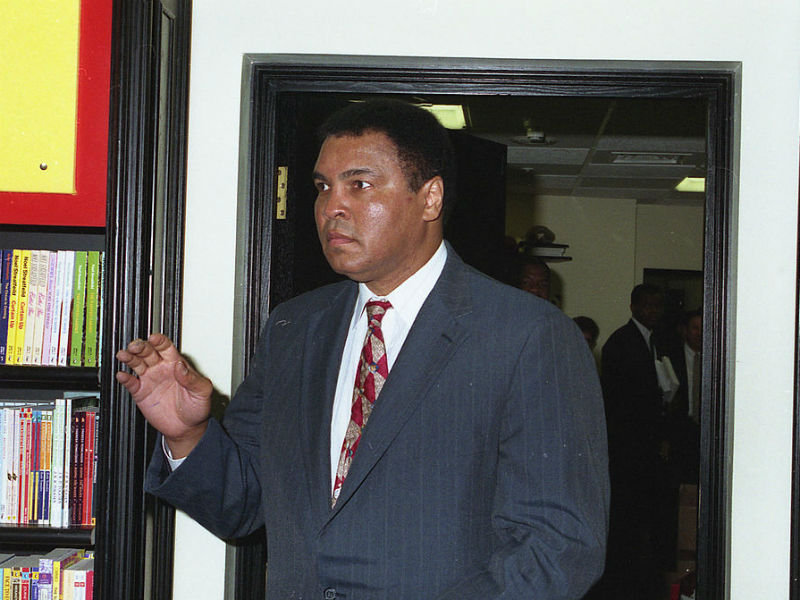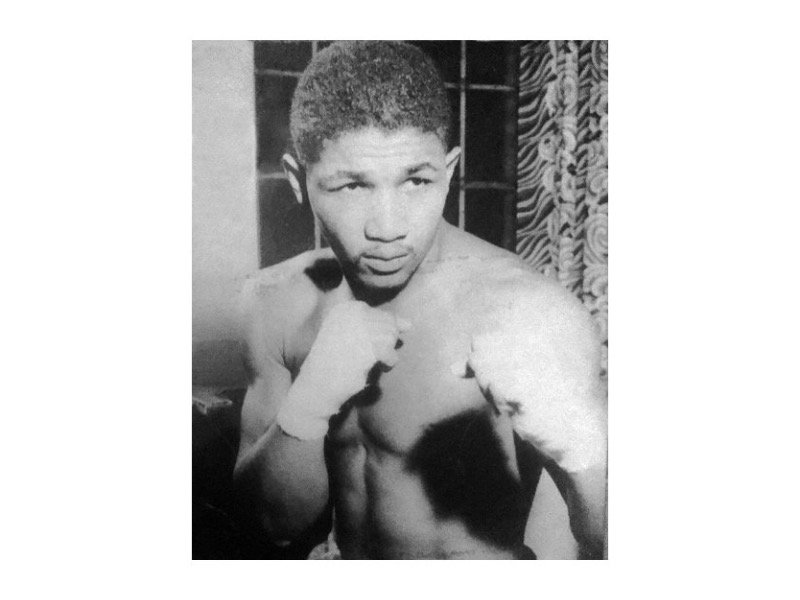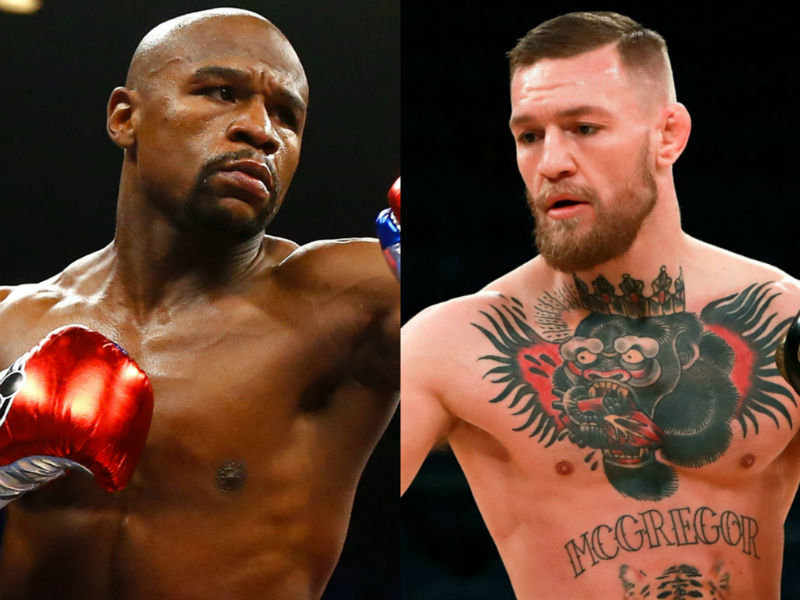The illustrious Muhammad Ali, who died Friday night at 74, visited Milwaukee at least four times.
I saw him on two of those occasions, the first during his exile from boxing after he was convicted of evading the military draft in 1967. He gave a long politico-sociological speech at the Milwaukee Auditorium (now the Milwaukee Theatre) that was as incomprehensible as the artistry he displayed in the ring, only not in the same spellbinding way.
In 1971, Ali accompanied his younger brother here for Rahamin Ali’s bout with local heavyweight Larry "Tiny" Beilfuss at the Auditorium on Sept. 13. At the weigh-in, Beilfuss addressed the former heavyweight champion as Cassius, the birth name Muhammad Ali had renounced as his "slave name." When Ali objected, Beilfuss offered to bet him $1 million that it said "Cassius Clay" on his birth certificate. That night Rahaman (born Rudolph Valentino Clay) settled the matter by knocking Beilfuss out in two rounds.
Ali’s most poignant visit here was related in the heavyweight champion of all the books about the self-described "Greatest of All Time" – "Ghosts of Manila: The Fateful Blood Feud Between Muhammad Ali and Joe Frazier," written by Mark Kram and published in 2001.
It was again right after Ali’s conviction, whereupon the people in charge of boxing decided he was unworthy to be heavyweight champion, stripped him of the title and barred him from the ring. He gave speeches, like the one I heard for up to $1,000 apiece, but, according to Kram, "seemed unstrung, on an aimless search for the briefest reinforcement."
Kram was with Ali one day in Chicago and accompanied the deposed champion on an impromptu drive to Milwaukee, with Ali at the wheel of his Cadillac Eldorado.
"You got business in Milwaukee?" asked Kram.
"(Ali) laughed. ‘Yeah, the only business I got now.’ He added: ‘Just think, we get in a bad accident in the city. To die in Milwaukee; when I’ve been ‘round the world.’"
"We arrived in Milwaukee," Kram’s account continued, "and I kept waiting for him to park and go into a hotel or someplace to conduct his business. Instead, he kept cruising up and down the main street (Wisconsin Avenue), around and around, the car now like some traveler lost in a fog bank. He’d pull up to a red light, turn full face to the car idling next to him and wait for recognition, and there never was any, and he’d go around again, lingering at the lights, his eyes silent and almost intense as if he were searching for witnesses to his existence…
"For a moment, it was as if he wanted to get out and stand in the middle of the traffic, so confounded was he that not one pair of eyes had met his and said, ‘Yes, you can’t fool me, I know who you are.’ A cold, ineffable sadness billowed the curtains of the mind as he finally headed back toward the highway and Chicago."
Ali said only a single sentence on the drive home, Kram recalled: "I know I’ll never fight again."
He was wrong about that, of course, going on to win the heavyweight title twice more and gild his immortality.
On Nov. 11, 1983, Milwaukee made up for that earlier lack of reinforcement when promoter Ron Collison brought Ali here as special guest at a boxing card at the Eagles Club ballroom.
I was not a big Ali fan, thanks mostly to the cruelty he exhibited toward Floyd Patterson and other opponents, most especially Joe Frazier, but the hair on my neck stood up as the rapturous chant "ALI-ALI-ALI…" thundered through the cavernous ballroom when he was introduced, and I realized that one of the voices contributing to it was my own.







